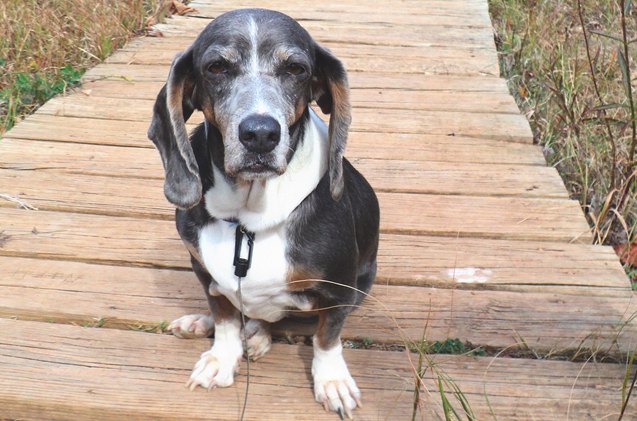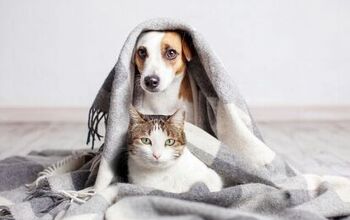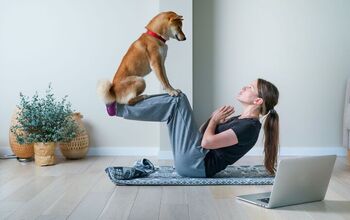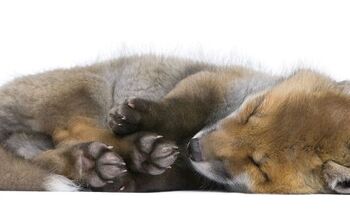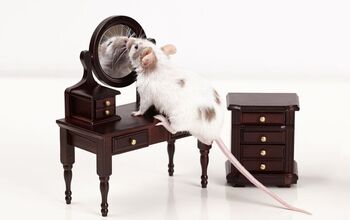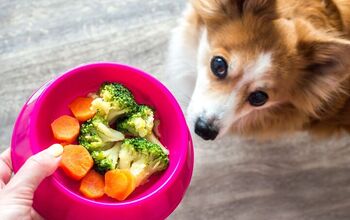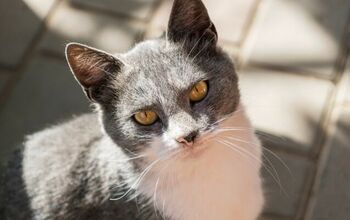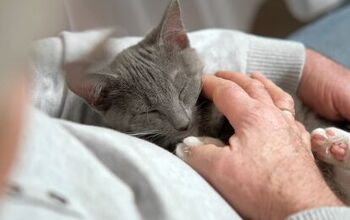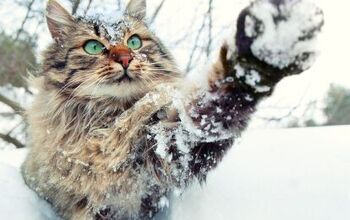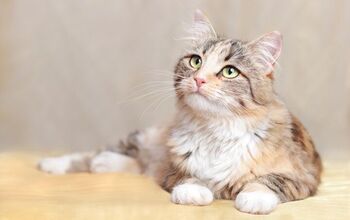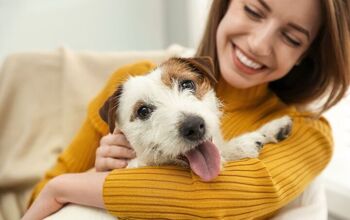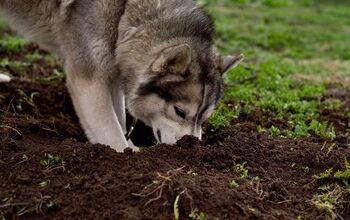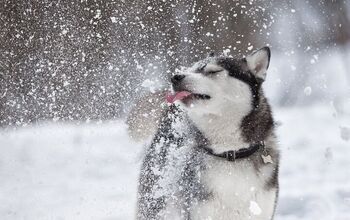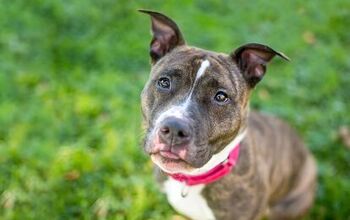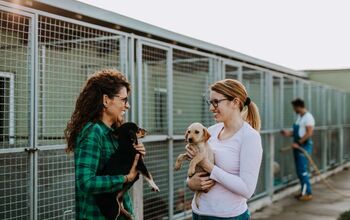Basschshund


About Basschshund
The Basschshund is known for its playful nature, which makes for an entertaining dog who will always try to bring a smile to your face. They are even-tempered, sweet dogs who make excellent family dogs for children of any age.
Because of their wonderful companionship, they also make lovely dogs for singles, couples or seniors who are looking for a gentle dog to cuddle and train.
Sweet and playful, the Basschshund is a wonderful family dog.
Breeding two purebred dogs in order to create a new breed that combines their qualities is not a new idea, however it has been gaining popularity over the past few decades. While we do know why some designer dog breeds are created and when, this is not the case for Basschshund. However, we do know the history of both Dachshunds and Basset Hounds.
We can trace Dachshund origins back hundreds of years to Germany, bred to track and hunt badgers – “dachs” means badger in German. Its short legs lets this breed burrow deeply into badger dens and its tail gave the hunters a “handle” they could pull to retrieve the dog when it grabbed onto its prey. Smaller Dachshunds were used to hunt hare and rabbits while the larger dogs could catch prey such as fox and even otters. In the 1800s, Dachshunds were increasingly regarded as pets rather than hunters, and they eventually made their way into North America via immigration.
In the 1500s, the Basset Hound breed was first used to packs to hunt wildlife. In the 1800s and 1930s, the breed was mixed with Bloodhounds in order to increase its size. The breed was recognized by the American Kennel Club in 1885.
The Basschshund is a cross between a purebred Basset Hound and Dachshund.
Considering its medium to large size, this pooch requires 1.5-2.5 cups of high-quality kibble per day, spread out between 2-3 meals per day. Always ask your veterinarian on what kind of dog food is best for your dog’s current age, as their requirements may change as they age.
The Basschshund is known for its playful nature.
This breed of dog is not recommended for first-time owners, as training can be a challenge at times. Both of their parent breeds are known to be stubborn and while they are intelligent, teaching Basschshunds simple commands and tricks may take more time and patience than other breeds. Like most hound dogs, Basschshunds do have a tendency to chase small animals and toys. They are independent dogs, but after plenty of practice and time (and some treats, of course), it is possible to train them to stay, roll over, and perform other tricks as well.
A medium to large sized dog, the Basschshund can weigh anywhere from 25-45 lbs, depending on how much they take from either parent breed.
Sweet and playful, the Basschshund is a wonderful family dog that doesn’t need much maintenance in order to keep them happy. Their coats are low-maintenance, and they do not demand a lot of physical activity, which makes them a good breed for owners who have busy schedules. While Basschshunds can be larger in size, they tend to do well in either houses or apartments, as they do not require much room to keep them content.
Like most hound breeds, Basschshunds tend to chase small animals, so introducing them to smaller dogs may be a challenge. However, with early socialization, patience and a watchful eye, Basschshunds are capable of living with other animals.
This designer dog breed will alert their families of any newcomer or unfamiliar noise in the home, which may be an issue for apartment dwellers living under strict noise restraints.
To see what kind of health problems Basschshunds can develop, we need need to look into its parent breeds. Dachshunds are relatively healthy dogs, however they can develop problems with its spinal discs because of its short legs. Other problems include urinary tract problems, heart disease and diabetes.
A Basset Hound’s main concern is his weight, as they have the tendency to become overweight – this puts a strain on their intervertebral discs. Basset Hounds are also susceptible to otitis externa, OCD, foreleg lameness, von Willebrands, gastric torsion, foot cysts, and Glaucoma.
The Basschshund is expected to live 12-15 years.
The Basschshund does not need much exercise compared to other dogs, but they do require exercise to keep their weight under control. Daily walks around your neighborhood and/or to your local dog park should tire your Basschshund.
The Basschshund does not need much exercise compared to other dogs.
The Basschshund is not a purebred dog, therefore it is not recognized by the American Kennel Club. However, this breed is recognized by the American Canine Hybrid Club (ACHC), the Designer Dogs Kennel Club (DDKC), Dog Registry of America, Inc. (DRA), International Designer Canine Registry (IDCR), and Designer Breed Registry (DBR).
The Basschshund’s shiny coat is relatively easy to maintain, as it is short and doesn’t need the same care as longer fur or thicker coats. During shedding season, it is important to brush your dog more often, preferably outside so their fur won’t get everywhere inside. Otherwise, weekly or even bi-weekly brushings should be more than sufficient. Bathe as necessary, which shouldn’t be more than once per month.
Their coat can come in a variety of colors such as black, brown, gray, white, chestnut or a mix of colors with as black and chestnut or brown and white.
In terms of care, pups always need to have an adult to watch over them when being handled by a young child or being introduced to other animals (such as dogs, cats, etc). Early socialization is key to ensuring your Basschshund is well-mannered around other humans and animals alike.
Photo credit: deerhart23/Flickr; Jenny Kelly/Bigstock

More by Diana Faria



